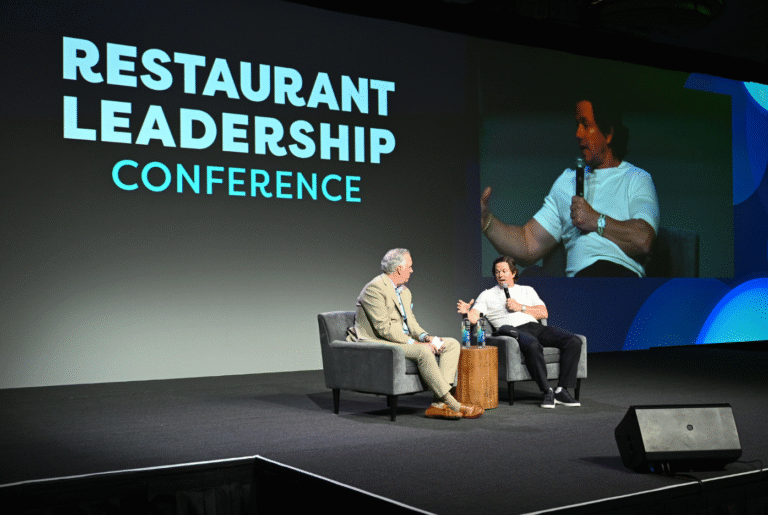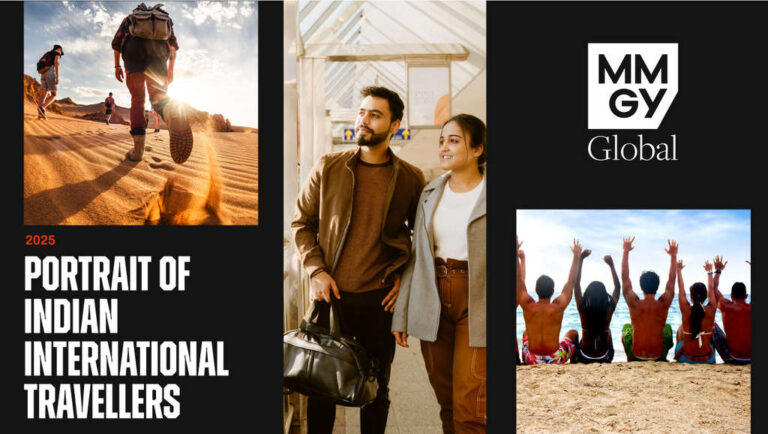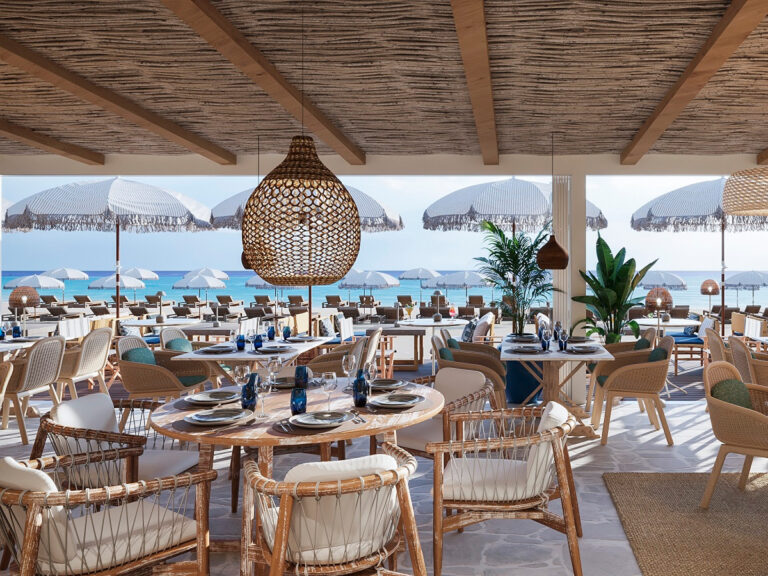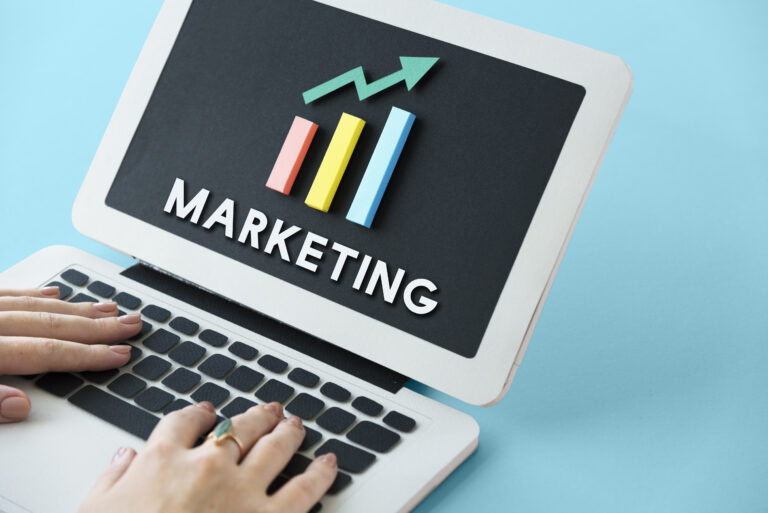Boutique hotels are at the forefront of innovation by pushing boundaries, setting trends, and creating memorable experiences in comparison to larger brands that struggle to replicate. This spirit of innovation at boutique properties will continue in 2025 by driving changes in both demand side and supply side. The demand side trends include AI-driven personalization, transformative and customized wellness experience that align with personal health goals, hyper-personalization, hyper-local, hyper-seasonal F&B offerings, membership-driven hospitality and preference for independent hotels either newly built or renovated. On the supply side, while AI will reshape operations and marketing, employee education and development cannot be overlooked due to the human connection that boutique hospitality is known for. Frances Kiradjian Founder/CEO of Boutique & Luxury Lodging Association (BLLA) reports following trends;










